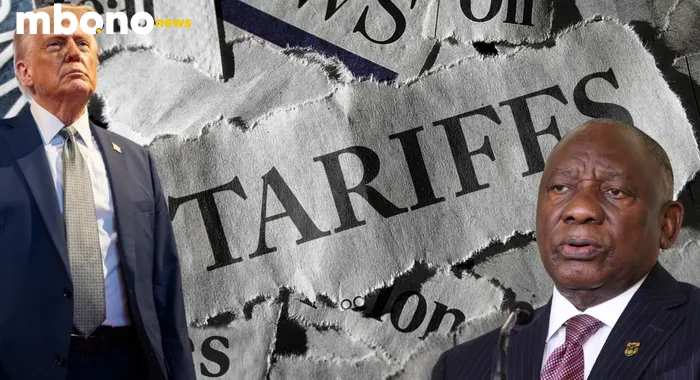South Africa has officially entered a new era of economic pressure as the United States’ 30% tariffs on its exports come into effect today, slamming the brakes on long-standing trade benefits and sending shockwaves through key industries.
The tariffs—part of former President Donald Trump’s renewed hardline trade policy—strip South Africa of its duty-free access under the African Growth and Opportunity Act (AGOA). In a July 7 letter to President Cyril Ramaphosa, Trump accused South Africa of contributing to “unfair global trade imbalances,” placing it alongside Libya, Algeria, and Tunisia as one of the few sub-Saharan countries now locked out of preferential U.S. trade.
The immediate fallout has been brutal. The automotive, citrus, and textile sectors, heavily reliant on U.S. markets, are already staggering. The National Association of Automobile Manufacturers of South Africa (NAAMSA) reported an 80% drop in auto exports to the U.S. in May alone, warning that up to 100,000 jobs could be lost if the situation persists.
President Ramaphosa has slammed the move as “unjustified and economically destructive,” arguing that the decision was based on flawed trade data. He pointed out that 77% of American goods enter South Africa duty-free, while South Africa’s average tariff on U.S. imports is a mere 7.6%.
In a bid to salvage the trade relationship, South Africa has offered a compromise package, including eased poultry import restrictions and a commitment to purchase U.S. liquefied natural gas—but no agreement has been reached.
Trade Minister Parks Tau is now scrambling to forge new trade alliances, including with China, though experts caution that replacing U.S. demand won’t be easy or quick.
Meanwhile, the South African Reserve Bank has warned that the tariffs could push inflation to 7%, worsening the financial strain on already burdened households and small businesses.
As the economic shock sets in, the pressure is mounting on government to stabilize affected industries, protect vulnerable workers, and redefine South Africa’s trade future in an increasingly hostile global environment.
